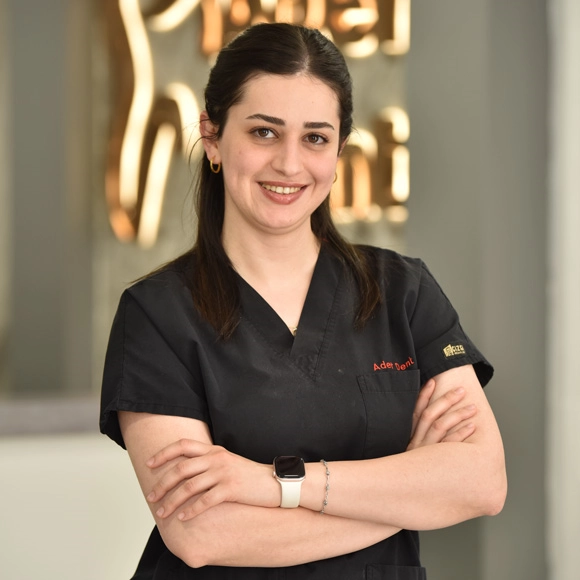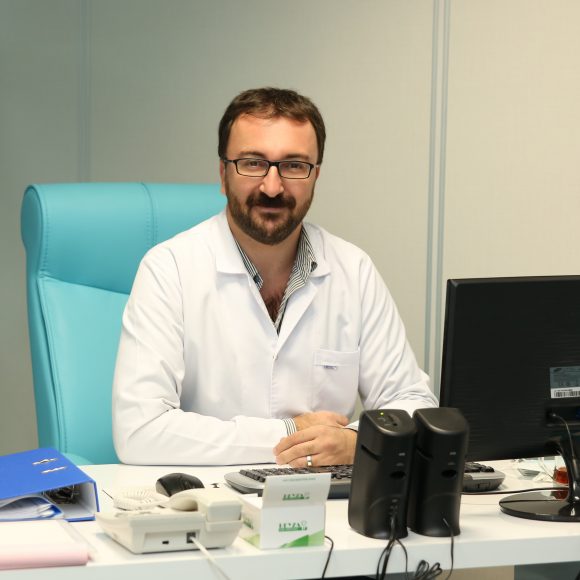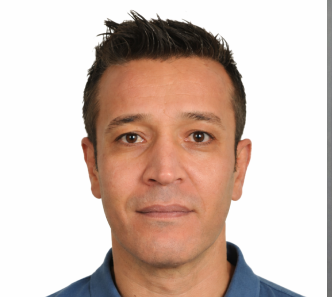Baby bottle tooth decay is a common issue that affects the dental health of infants. It occurs when babies, especially before bedtime, drink milk or sugary liquids from a bottle, leading to cavities in their teeth. This condition can cause early damage to baby teeth and may threaten the long-term health of permanent teeth. So, what is baby bottle tooth decay, how does it develop, and how can it be prevented? Here’s what you need to know.
What Is Baby Bottle Tooth Decay?
Baby bottle tooth decay refers to cavities that form in a baby’s teeth as a result of prolonged exposure to sugary drinks—especially milk—via a bottle. When a baby’s teeth remain in contact with sugary liquids for extended periods, bacteria in the mouth ferment the sugars and produce acids. These acids damage the tooth enamel and lead to cavities.
Symptoms of Baby Bottle Tooth Decay
The first signs of baby bottle tooth decay typically appear as white spots on the teeth. These spots indicate early enamel damage caused by acid exposure. If not treated in time, the spots may darken and turn into full cavities. Irritability, redness of the gums, and discomfort can also be signs of decay in babies.
How to Prevent Baby Bottle Tooth Decay
Several important steps can help prevent baby bottle tooth decay:
- Be Mindful of Night Feedings: Letting a baby sleep with a bottle of milk is one of the most common causes of decay. Instead, offer water before bedtime to avoid leaving sugary liquids in the mouth overnight.
- Avoid Sugary Drinks: Do not give babies sugary beverages (such as fruit juice) in bottles. These drinks increase bacterial growth in the mouth and can lead to cavities.
- Limit Bottle Use: Once the baby reaches the age of one, bottle use should be reduced. Begin transitioning to sippy cups to promote oral health.
- Establish a Brushing Habit: As soon as the first tooth appears, brushing should begin. Teaching oral hygiene at an early age helps prevent bottle-related decay by removing plaque and bacteria from the teeth.
Treatment of Baby Bottle Tooth Decay
When detected early, baby bottle tooth decay can be treated before permanent damage occurs. However, if left untreated, cavities can worsen and require more complex dental procedures. A dentist can clean the decay, restore damaged teeth, and apply protective treatments to improve dental health.
Early Intervention Is Key to Prevention
Bottle caries is a serious concern for infant oral health, but with proper care and preventative measures, it is avoidable. Maintaining a routine of dental care, healthy nutrition, and timely dental visits is essential for protecting a baby’s oral health. As soon as the first tooth erupts, necessary precautions should be taken to prevent decay and safeguard future dental development.
Which Teeth Are Affected by Bottle Caries?
Bottle caries typically begins on the upper front teeth, as these are in direct contact with the bottle’s contents. If left untreated, the decay can spread to other teeth as well. Therefore, it's important to consult a dentist as soon as the first signs appear.
How Often Should Babies Have Dental Check-ups?
After the eruption of the first tooth, a dental check-up should be scheduled, followed by regular visits every six months. These check-ups help reduce the risk of cavities and reinforce healthy oral care habits. For more detailed information, please visit our Infant Oral and Dental Health Guide.


 TR
TR







